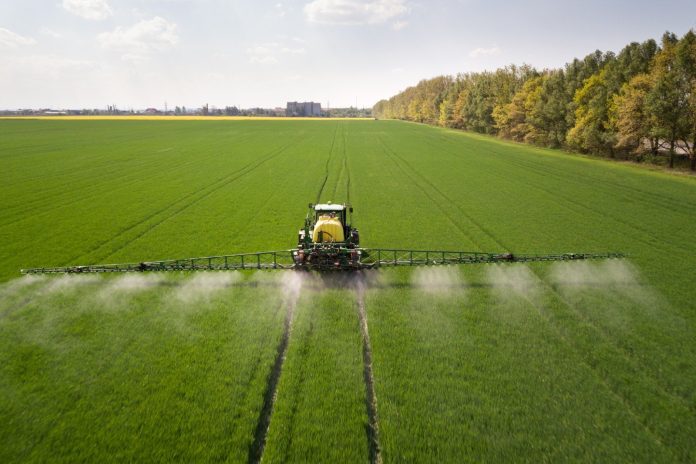The European Parliament approved an amendment to the Plant Health Regulation to establish a European Emergency Response Team for preventing and containing crop-damaging pests on Wednesday (April 24), according to Euractiv.
The text was adopted with 551 votes in favour, 24 against and 15 abstentions. MEP (S&D) Clara Aguilera, rapporteur for the text, stated:
We now need to improve the way the regulation works to maintain a high level of plant health protection throughout the EU.
The circulation of plant pests is growing with increased trade and climate change. For instance, the plant bacterium Xylella fastidiosa can infect more than 650 plant species and damage valuable species, such as olive trees and grapevines.
Once localised in the Americas, Xylella fastidiosa was first detected in the EU in 2013 in Apulia, southern Italy. The pathogen affected over 21 million olive trees in Apulia on more than 8,000 square kilometres of land, corresponding to 40% of the region’s territory, Italian media reported.
The Joint Research Centre of the European Commission has suggested that the full spread of Xylella fastidiosa could cost the EU up to €5.5 billion per year.
Given the scale of economic and environmental damage, the Commission proposed amending the rules in 2023 to strengthen prevention and respond effectively to emergencies when a pest was identified. MEPs added to the Commission’s proposal the idea of creating an EU plant health emergency group.
Under the new legislation, the emergency team would be composed of experts from different specialities appointed by the European Commission to support the EU and neighbouring countries in finding solutions in the event of pest outbreaks. This applies to “quarantine organisms” and “non-quarantine regulated organisms.”
We considered this team to be crucial. Anything that improves plant health is good for our future food supply.
Furthermore, the text requires states to declare the security measures taken on the phytosanitary certificate and to conduct regular risk surveys to improve pest detection over time. The regulation is awaiting approval by the Council.
